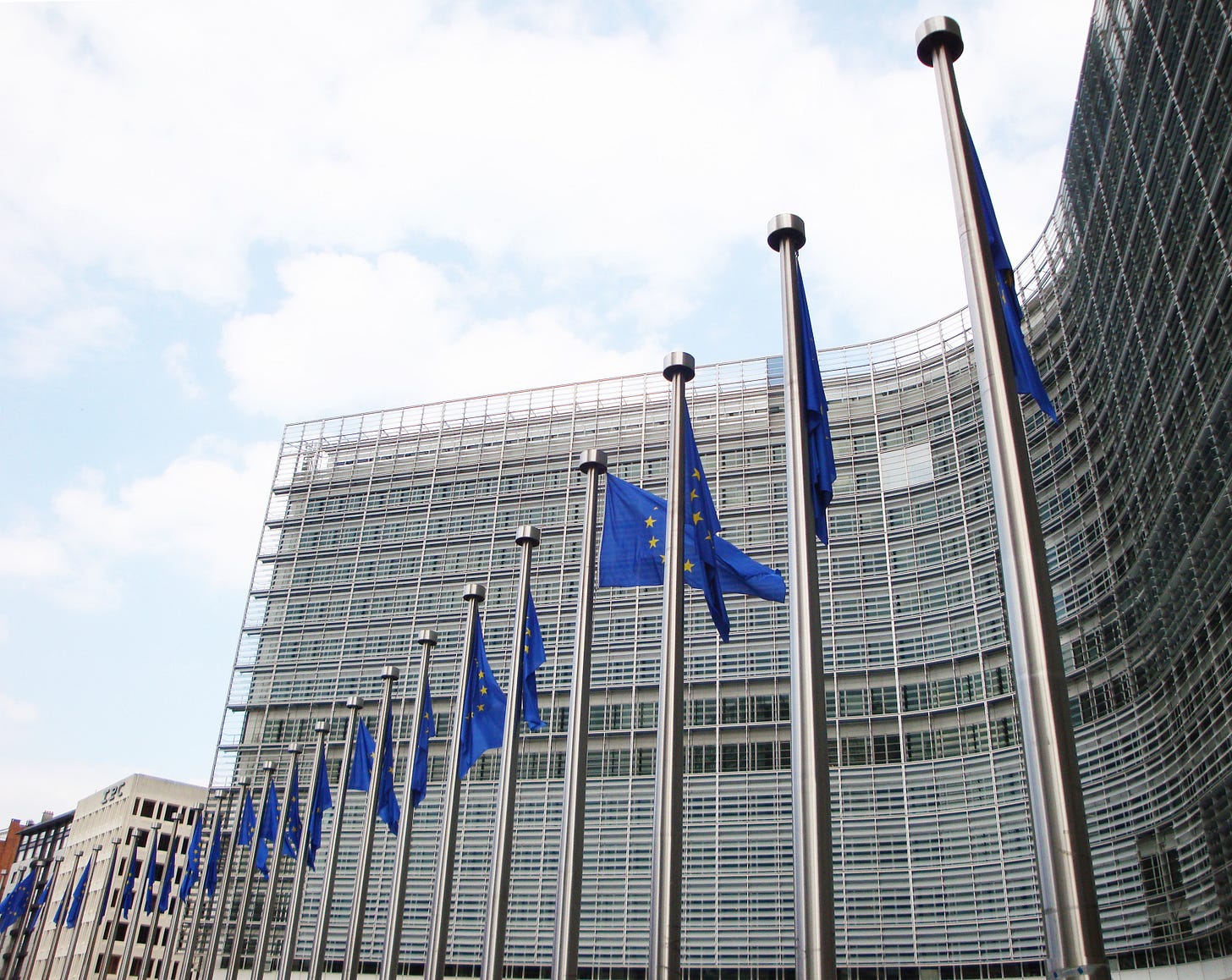One-Stop-Non?
What the CNIL decision means for the regulation of cross-border data processing in Europe
In January, France’s data protection supervisory authority, the Commission nationale de l’informatique et des libertés (CNIL), fined Google €50 million for breaching data protection rules under the GDPR. There were two issues which the authority highlighted in particular. Firstly, it found that there was a lack of transparency in relation to Google’s pe…



